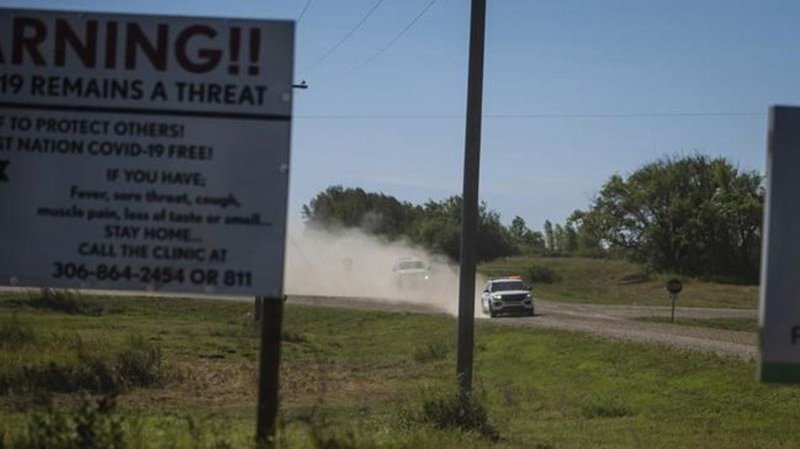
First Nations police chief hopes federal bill will come with adequate funding
The head of the First Nations Chiefs of Police Association says he hopes a federal bill in the works that aims to make Indigenous policing an essential service will come with adequate funding to ensure those forces can attract enough officers.
“It really impacts the recruiting and retention of employees when the chief of police can’t categorically offer somebody a fulsome career in policing,” said Lennard Busch, a former police chief and member of the Kahkewistahaw First Nation in Saskatchewan.
“So why wouldn’t they look somewhere else where they could be with … a larger police service, where their longevity is almost certain?”
Busch’s association and the Assembly of First Nations has been working with Public Safety Canada on drafting the legislation, which is expected to be introduced in the new year.
